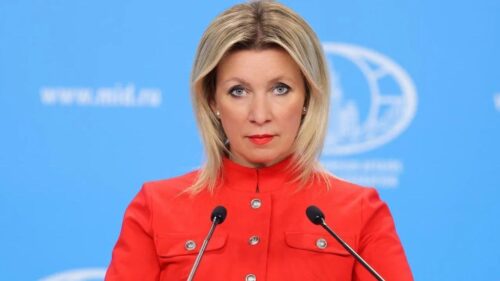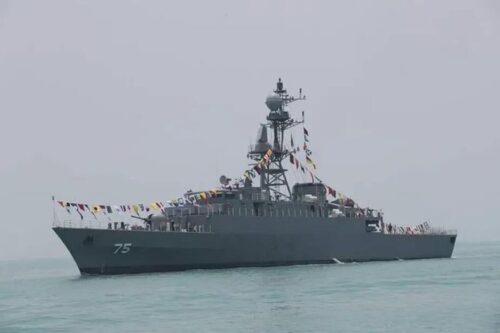
Who and in what format will guard the Armenia-Turkey and Armenia-Iran borders?
Genesis Armenia Think Tank and Foundation Expert, Orientalist Gevorg Galtakyan’s article on the protection of Armenia-Turkey and Armenia-Iran state borders is presented below:
“Armenia-Iran state border crossing: From Jan. 1, 2025, only the Armenian National Security Service (NSS) border guard troops will do service at the Agarak (RA)/Norduz (IRI) crossing (before that, the service will be carried out jointly with the Russian FSB border guard troops). Moreover, considering that since July 31, 2024, only the RA NSS border guard units have been providing service at Zvartnots Airport on the same principle, we can say that from Jan. 1, 2025, control at all Armenian state border crossings will be exercised by the RA NSS.
The above-mentioned circumstance, on the one hand, increases the control capabilities of the RA state agencies at the existing border crossings and, on the other hand, reduces the access to the capabilities of Russia’s FSB (for example, access to Russia’s FSB database on terrorists, drug dealers and other undesirable persons and its management).
Protection of Armenia-Turkey and Armenia-Iran state borders:
It is noteworthy that along both the Armenia-Turkey and Armenia-Iran state borders—except for the state border crossings—Russia’s FSB border guard troops will continue to provide service, already with the “engagement” of Armenia’s NSS.
In this regard, it is necessary to note that what the word “engagement” implies in this case is not known yet, and we can only assume that this means patrolling the state border jointly with Russia’s FSB, that is, it is most likely that there will be control points given to the border guard troops of the Russian FSB and the Armenian NSS. We cannot rule out the possibility that a joint Armenian-Russian operational-management center may be created.
In my opinion, the Armenia-Turkey border, which is also a CSTO-NATO border, and the Armenia-Iran border—along with the changes in question—will not bring down their security level. After all, the greater activation of contacts between the Armenian NSS and the Russian FSB may, in the end, even increase Armenia’s dependence on Russia, or it may lead to the development of cooperation in the field of security between Armenia and Russia.
Geopolitical aspect: A certain decrease in Russia’s influence in the South Caucasus and the reduction of control-operational levers may provide opportunities for Turkey to further increase its influence on Armenia, eventually leading to the complete withdrawal of the Russian FSB border guard troops from the Armenia-Turkey and Armenia-Iran borders. It should be noted that Toivo Klaar, EU special representative for the South Caucasus and the Crisis in Georgia, said during the Antalya Diplomacy Forum (March 3, 2024) that Turkey can strengthen its role in the South Caucasus as a leading country in the region.
The issue of launching the crossing on the state border between Armenia and Turkey:
The opening of Margara (Armenia)/Alijan (Iran) and Akhurik (Armenia)/Akyaka (Turkey) border crossings is less likely in the short term due to the complications—if not the impossibility—of the “normalization” of relations between Armenia and Azerbaijan. Nevertheless, in the case of the opening of the Armenia-Turkey crossing, its control will most likely be taken by the Armenian National Security Service.”



